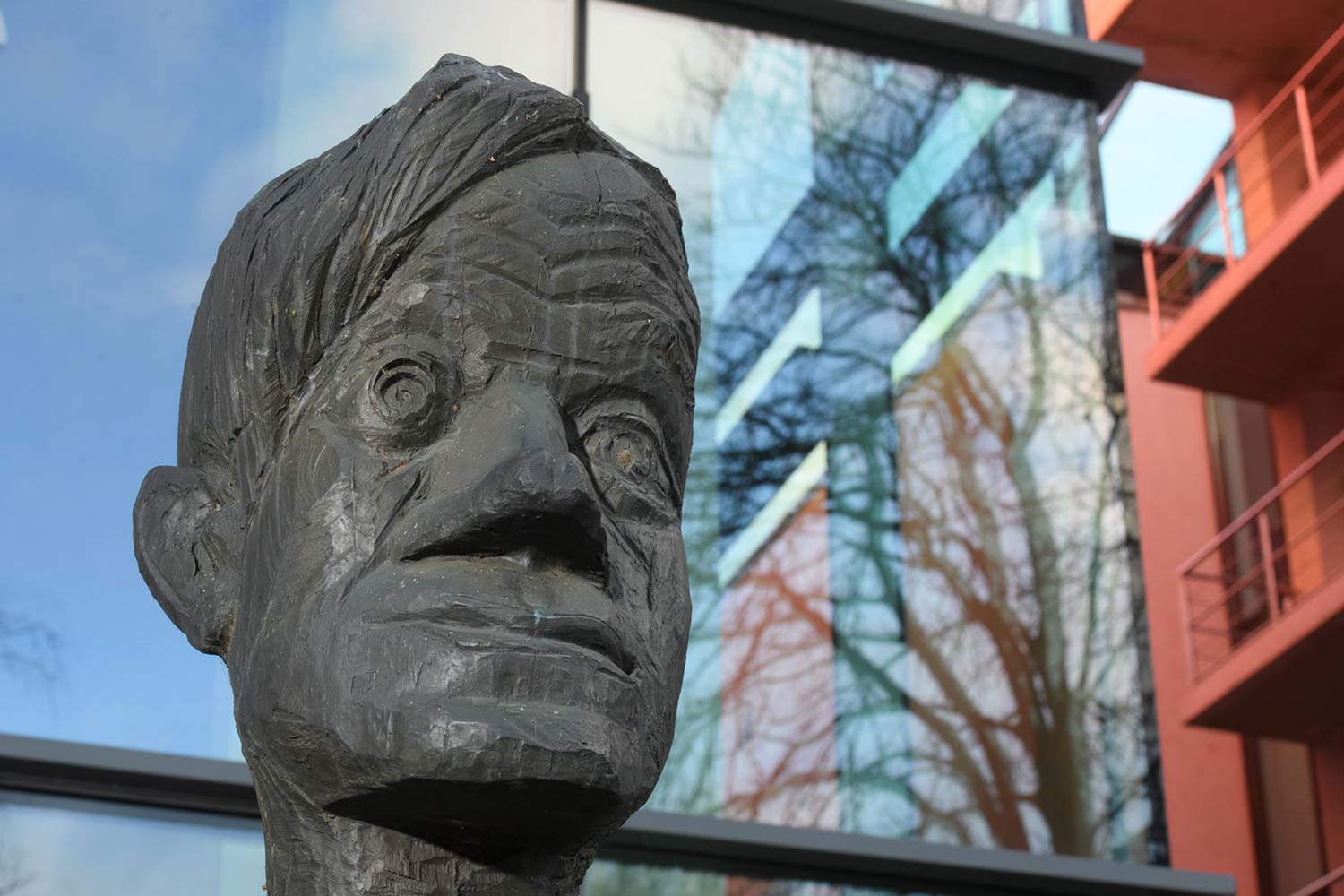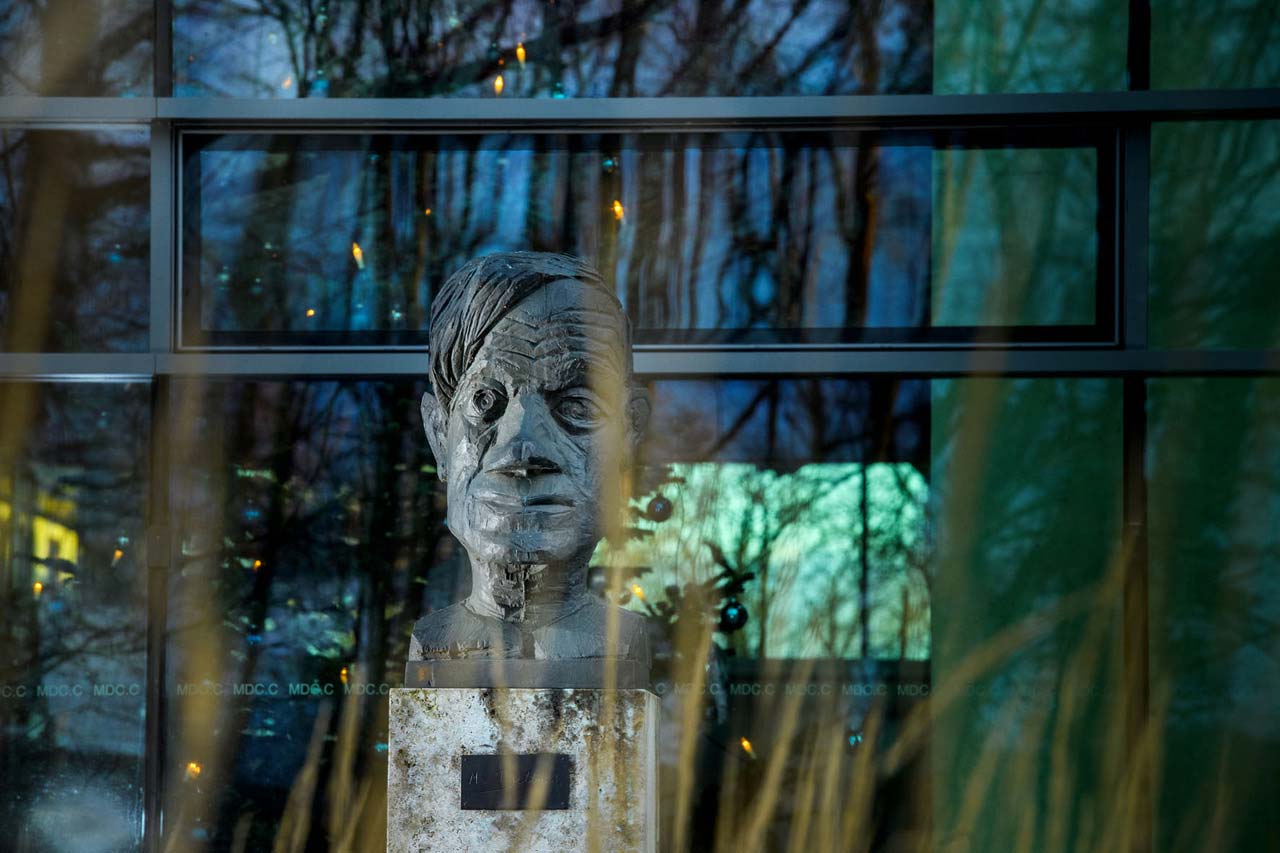7Max Delbrück
September 4, 1906 in Berlin –
March 9, 1981 in Pasadena, California, USA

Max Delbrück was a German mathematician, physicist and geneticist. His work provided a foundation for modern genetics. In 1969 he received the Nobel Prize ”... for the discoveries concerning the replication mechanism and the genetic structure of viruses“.
Delbrück studied physics and mathematics in Tübingen, Bonn, Berlin and Göttingen from 1924 to 1929. He then turned to theoretical physics in Bristol, Copenhagen and Zurich, where he received his doctorate in 1930. In his dissertation he described the way the electromagnetic field of an atomic nucleus scattered a photon, a phenomenon which he called Delbrück-scattering. In 1932 Delbrück became an assistant to Lise Meitner at the Kaiser Wilhelm Institute for Chemistry in Berlin-Dahlem. During this time, he met the Danish physicist and Nobel Prize winner Niels Bohr, who inspired him to apply himself to biological topics such as the nature of life and genes. At the time genes were considered theoretical entities whose physical nature was completely unknown. Between 1932 and 1937 Delbrück worked with the Russian geneticist and biophysicist Nikolai W. Timoféeff-Ressovsky at the KWI for Brain Research in Berlin-Buch. One outcome of their work was a pamphlet entitled ”On the nature of gene mutation and gene structure“, which became a milestone in the development of modern genetics. In it, for the first time, the authors formulated a model of genes as composed of molecules.

In 1937 Delbrück was awarded a Rockefeller grant, which he used to work at the California Institute of Technology (Caltech) in Pasadena. In 1939 his fellowship expired, but he was able to stay in the U.S., because Vanderbilt University in Nashville appointed him professor of physics. In 1947 Delbrück returned to Caltech as a professor of biology, where he carried out research on bacteriophages (bacterial viruses). They proved to be an excellent model system to study on how the genetic information of a simple organism can be stored, passed on and modified. For this work Delbrück received the Nobel Prize in Physiology or Medicine in 1969, together with the US biologists Alfred Day Hershey and Salvador Edward Luria. Max Delbrück died in California in 1981.
His work is considered fundamental to the establishment of modern molecular biology and genetics. The Max Delbrück Center for Molecular Medicine in the Helmholtz-Association (MDC) on the Campus Berlin-Buch honors his accomplishments by bearing his name.
Hans Scheib, Bronze, 2003